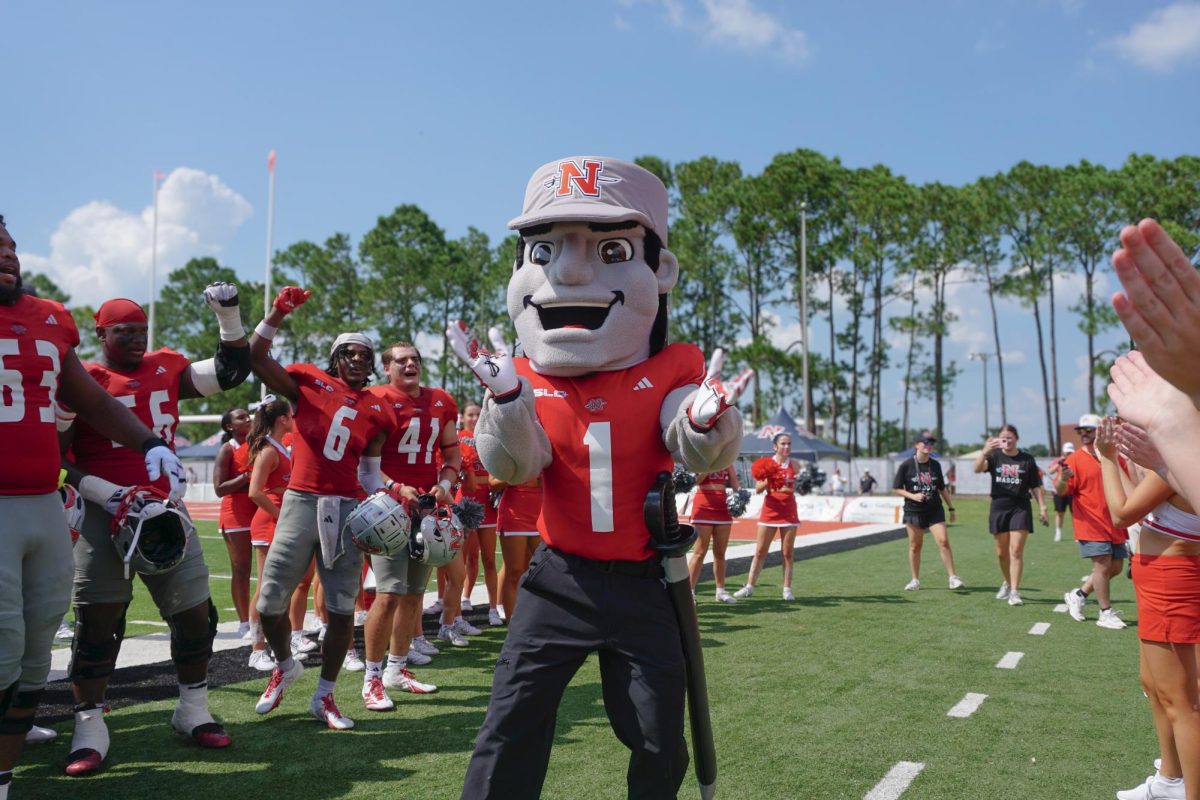Students pay an average of $830,000 in technology fees a year. Theses funds are supposed to provide them with the latest computer technologies, pay student workers, fund refurbishments, and do other miscellaneous activities, Tom Bonvillain, director of academic computing, said.
Part-time, full-time, and graduate students pay technology fees every semester. Every student pays five dollars per credit hour each semester until a maximum limit of 12 hours is reached; no student pays more than $60 per semester.
The primary purpose of the technology fees is to cover technologies
used in teaching and lab environments such as student printout papers and printer cartridges. Other equipment, such as network communication equipment and servers that control access to the computers are also funded by the technology fees.
According to Bonvillain, about $380,000 is available for use in proposed projects. A committee of students and faculty members control how this money will be spent. In order to get proposals put into action, a group of students from this committee “score up the proposals,” Bonvillain said. After the proposals are scored, they are ranked, and those with the highest scores are focused on and put into action with the estimated amount of money.
The committee voted in favor of a proposal for residence hall refurbishments last semester. The plans for refurbishments include putting nine computers and one printer in Ellender, transferring the nine original computers in Ellender to put three each in Babington, Calecas, and Long Halls and adding six computers and one printer to Millet-Zeringue Hall. According to Bonvillain, most of these plans for refurbishments in the residence halls should be completed by the end of the fall or the beginning of the spring.
In addition to these renovations in the residence halls, there are other small changes this semester being done with the money from technology fees. There were upgrades in the WAC and Cenac labs, and the servers, including the “Blackboard” server are to be upgraded this year.
A one percent drop in student enrollment this semester has caused some concern for Bonvillain.
“The biggest concern is trying to keep the labs staffed,” Bonvillain said. “All of these workers out here are also paid from the tech fees. We want to keep trained staff out there to help people.”
The number of student workers in the lab varies each semester. According to Bonvillain, with an optimum of 30 workers in the labs, an average of 20 to 40 students work in the labs at a given time. These student workers are given certification through various examinations.
“After (the students) pass about every two exams, we’ll give them a little raise,” Bonvillain said. “They can get up to about seven dollars (per hour) working here.”
Students can access the Nicholls network through a dial-up modem for free at 448-3500.
“If you’re off campus, you can dial and you don’t have to pay for the Internet,” Bonvillain. “It’s only dial-up, so it’s not like cable model or DSL, but you don’t have to pay for it.”
According to Bonvillain, Nicholls students pay one of the lowest technology fees in the state of Louisiana. Most other Universities are at a maximum of $100 a semester per student, while Nicholls’ maximum is only $60.
“Technology fees are not a waste of my money,” Andrea Hepburn, a freshman from Houma, said. “If the money helps buy things that I can use, then I don’t mind paying for them.”
Bonvillain said, “(The technology fees) are there to make sure that (the students) have the most current technology available. Technology is a rapidly changing area, and it is a constant thing that has to be replenished. Without these technologies, students would be chasing around paper and books, and you wouldn’t have access to a lot of specialty software. We have everything from things for culinary students to things like statistical databases for graduate students.”
Technology fees slated for campus improvement
Dustin Percle
•
October 23, 2003
0
More to Discover








